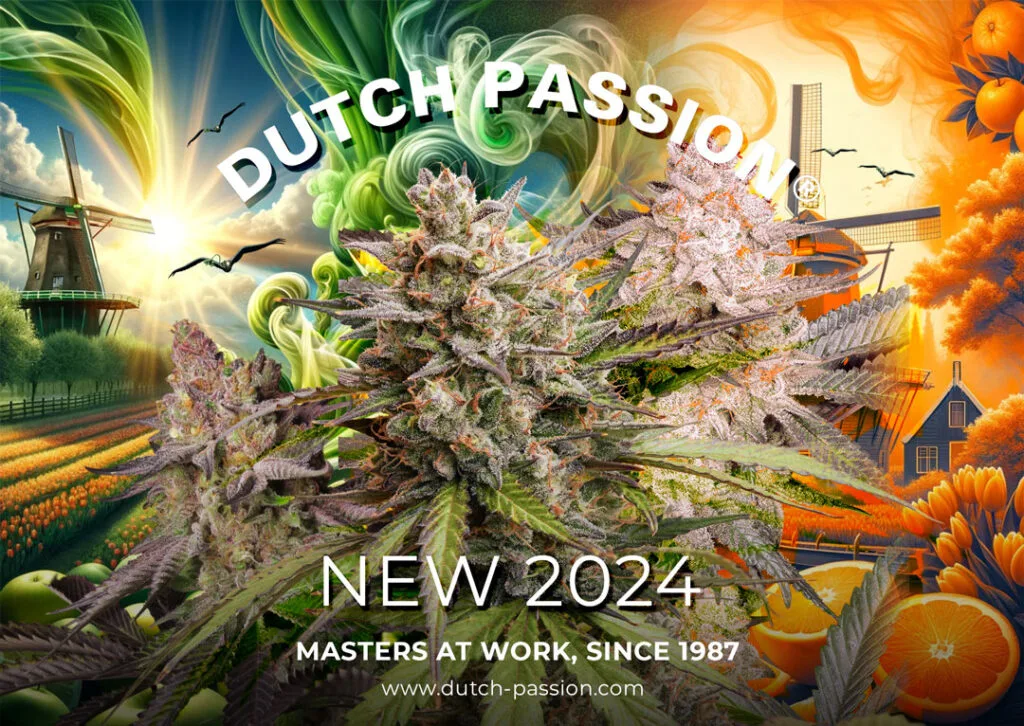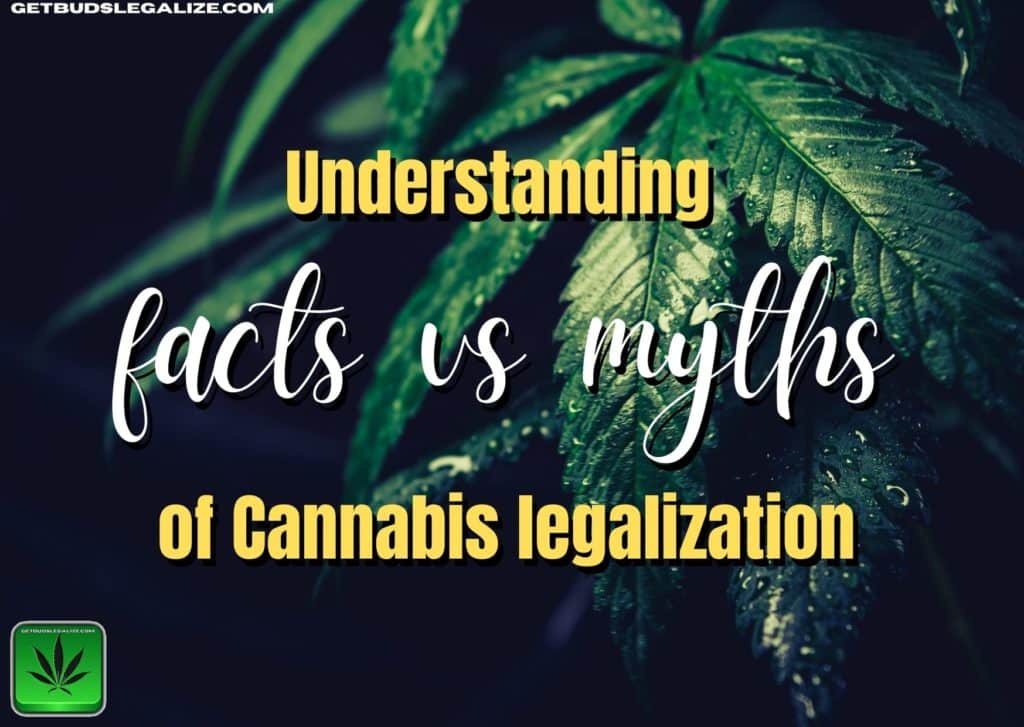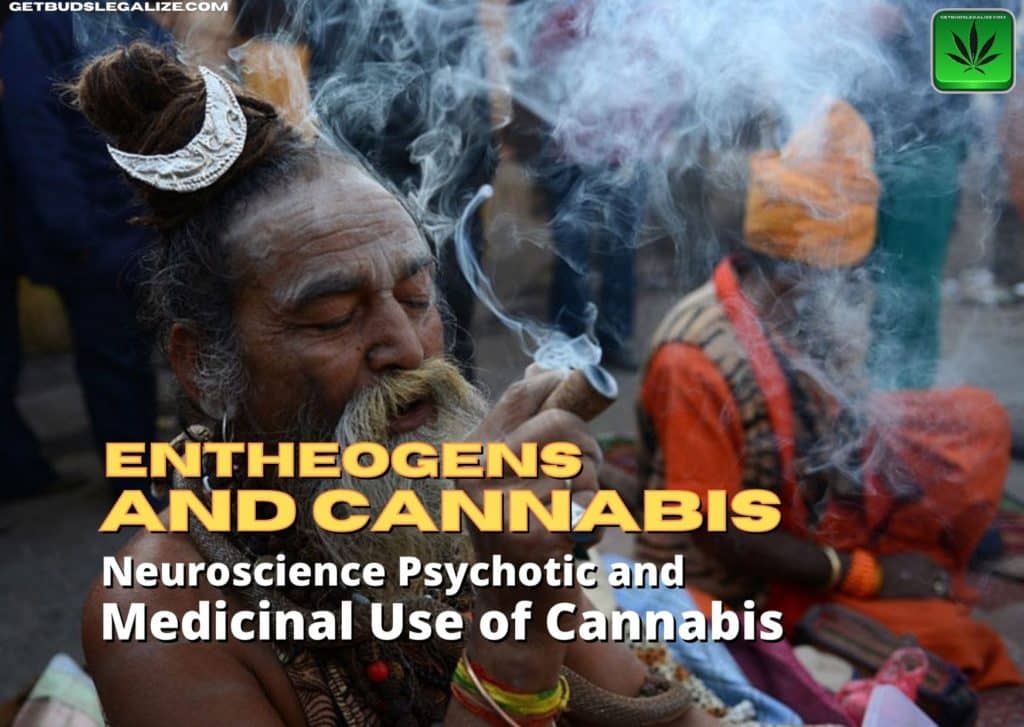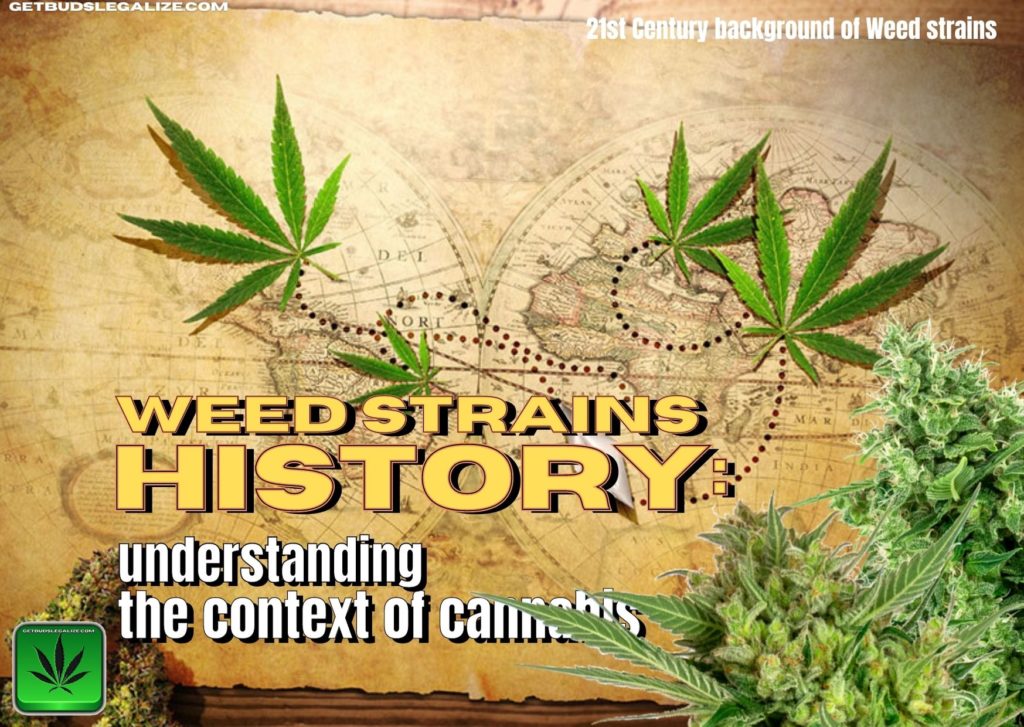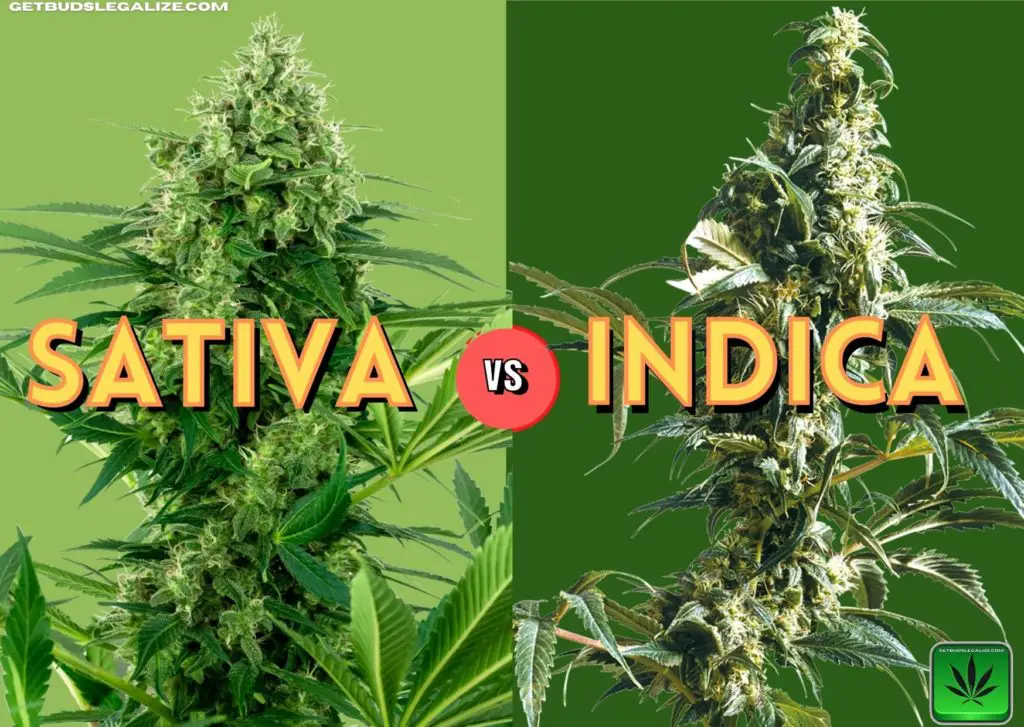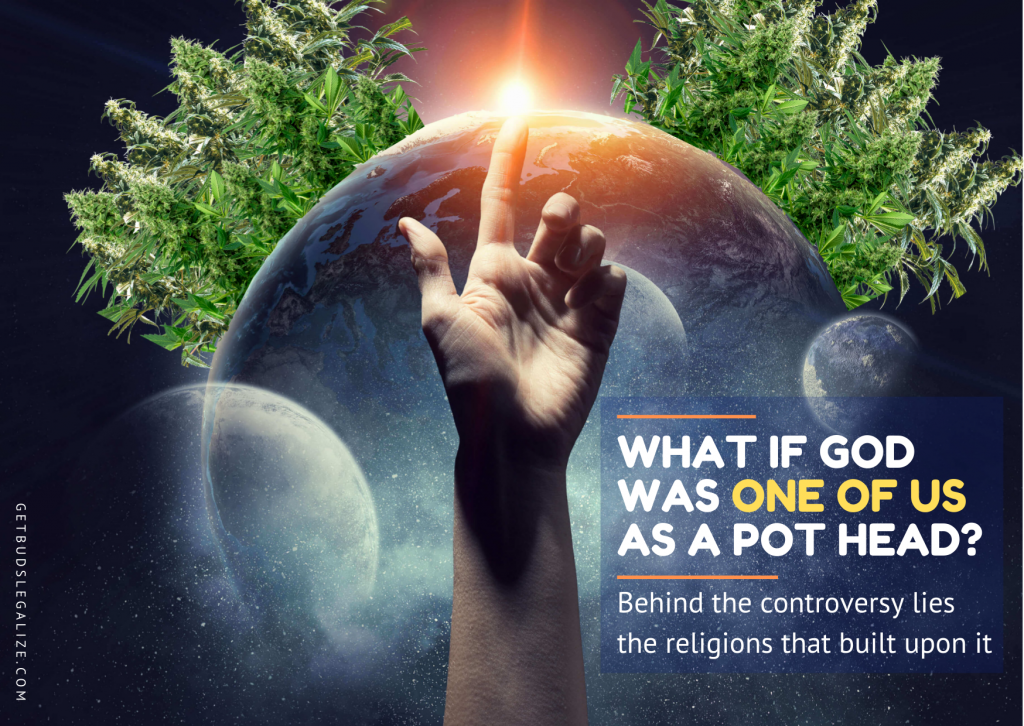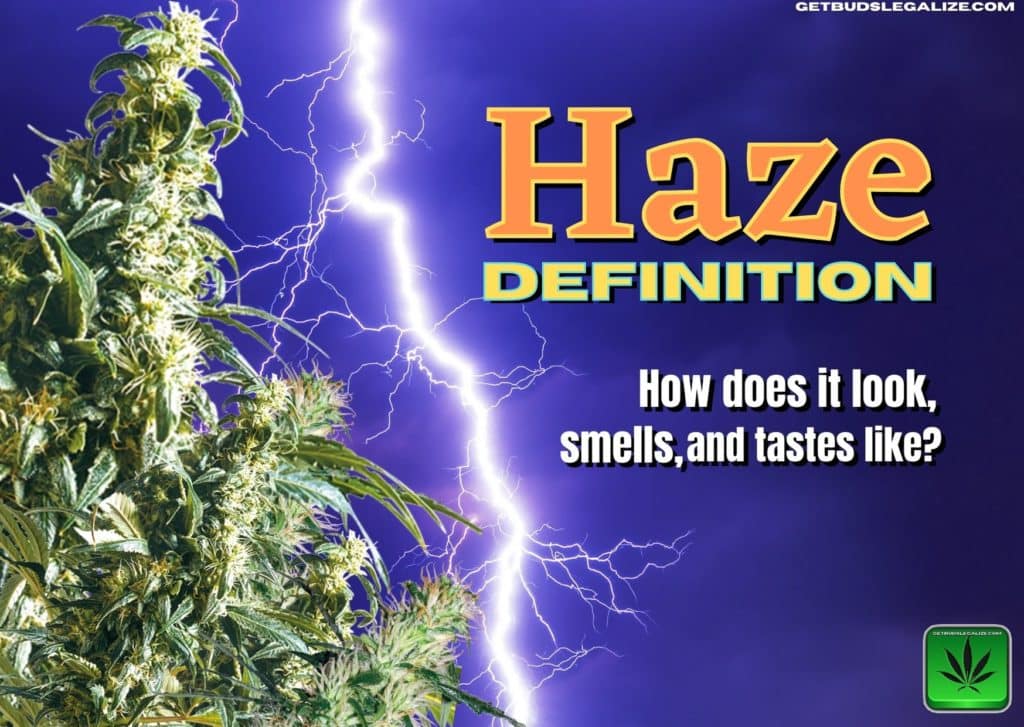Reggae and Rastafari's Knowledge: Cultural and Spiritual Connections
Reggae is one of the most influential and popular genres of music in the world. It originated in Jamaica in the late 1960s and early 1970s, as a fusion of various musical styles, such as ska, rocksteady, soul, and African rhythms. Reggae is characterized by its distinctive offbeat rhythm, its use of bass and drums as the main instruments, and its lyrical themes of social justice, resistance, love, and spirituality.
Reggae is also closely associated with the Rastafari movement, a religious and cultural phenomenon that emerged in Jamaica in the 1930s. Rastafari is based on the belief that Haile Selassie I, the former emperor of Ethiopia, is the living God and the messiah of the black race.
Rastafari also draws inspiration from the teachings of Marcus Garvey, a Jamaican activist who advocated for black nationalism and pan-Africanism. Rastafari adherents, known as Rastas or Rastafarians, follow a distinctive way of life that includes wearing dreadlocks, avoiding alcohol and pork, using cannabis as a sacrament, and adopting an Afrocentric worldview.
What is the Relationship Between Reggae and Rastafarianism?
Reggae and Rastafari share a deep and complex relationship that goes beyond mere musical influence. Reggae music is not only a form of expression for Rastas, but also a source of knowledge and wisdom that reflects their cultural and spiritual values.
Reggae is often referred to as “the heartbeat of the people” or “the voice of the voiceless”, as it gives voice to the struggles and aspirations of the oppressed and marginalized groups in Jamaica and beyond.
Reggae also serves as a medium of education and empowerment for Rastas, as it transmits their historical and prophetic narratives, their ethical principles, their cosmological views, and their visions of liberation and redemption.
A Spiritual Connection to Religion and Cannabis
One of the most distinctive aspects of Rastafari is their use of cannabis, or ganja, as a sacrament and a means of communion with God. Cannabis is regarded as a holy herb that grows on the grave of King Solomon, a biblical figure revered by Rastafari for his wisdom and connection to Ethiopia. Cannabis is also seen as a gift from Jah, the Rastafari name for God, and a healing medicine for the body and mind.
Rastafari uses cannabis in various ways, but most commonly in ritual gatherings called reasoning sessions, where they smoke it in pipes or joints and engage in collective meditation, prayer, chanting, and discussion. Cannabis helps them to achieve a trance-like state of consciousness, where they can access spiritual insights, visions, and revelations: also enhances their appreciation of music, especially reggae, which is considered a form of praise and worship. Rastafari believes that cannabis opens their mind to the truth and exposes the lies and corruption of Babylon, the term they use for the oppressive system of Western society.
Rastafari and cannabis have a long and complex history that reflects their struggle for liberation, identity, and dignity in a hostile world. Their use of cannabis is not a mere habit or hobby, but a profound expression of their beliefs and values. By using cannabis as a sacrament, Rastafari seeks to connect with their divine source, their ancestral roots, their fellow brethren, and their ultimate destiny.
Bob Marley And His Message to the World

Bob Marley is One of the most influential and celebrated reggae artists of all time, who was born in Jamaica in 1945 and died in 1981. He was not only a musician but also a visionary leader who used his music as a tool for spreading his message of Rastafari to the world.
Marley’s songs are filled with spiritual and political themes, such as redemption, liberation, unity, resistance, and hope. Some of his most famous songs include “No Woman No Cry”, “One Love”, “Get Up Stand Up”, “Exodus”, “Jamming”, “Redemption Song”, and “Buffalo Soldier”.
His vision was to create a global community of people who share the same values and ideals as Rastafari. He believed that reggae could transcend cultural and racial barriers and inspire people to live in harmony with each other and with nature.
He also hoped that his music would awaken people to the injustices and oppression that exist in the world and motivate them to take action for positive change. Bob once said: “My music fights against the system that teaches to live and die. My music is for people who want to live.”
What is the Rastafari Knowledge Base?
Some of the key aspects of Rastafari’s knowledge that are expressed through reggae music are:
- The concept of I-and-I: This is a term that denotes the unity of God (I) and man (I), as well as the oneness of all living beings. I-and-I implies that every human being is a manifestation of God’s spirit and has divine potential. I-and-I also signifies that there is no distinction between self and other, as all are part of the same creation. Reggae music often uses the pronoun “I” instead of “me” or “you”, to emphasize this concept.
- The concept of Babylon: This is a term that refers to the oppressive and corrupt system of the world, which is based on racism, colonialism, capitalism, materialism, and violence. Babylon is seen as the enemy of God’s people and the source of their suffering. Babylon is also associated with Western civilization and culture, which are regarded as decadent and immoral. Reggae music often denounces Babylon and calls for its downfall.
- The concept of Zion: This is a term that refers to the promised land of God’s people, where they will live in peace, harmony, and prosperity. Zion is often identified with Ethiopia or Africa in general, as the ancestral homeland of the black race. Zion is also seen as a spiritual state of mind, where one is free from Babylon’s influence and attuned to God’s will. Reggae often praises Zion and expresses the longing for its realization.
- The concept of Jah: This is a term that refers to God or Haile Selassie I, who is regarded as his incarnation. Jah is the source of life, love, and power for Rastas. Jah is also the protector and guide of his people, who will deliver them from Babylon’s oppression. Reggae often invokes Jah’s name and glorifies his attributes.
These are some examples of how reggae conveys Rastafari’s knowledge to its listeners. Reggae is not only a form of entertainment but also a form of education that teaches about Rastafari’s culture and spirituality. Reggae is also a form of inspiration that motivates its listeners to seek truth, justice, and freedom in their lives.
It is a subgenre of reggae that emerged in Jamaica in the late 1960s and early 1970s. It reflects the social and political realities of the oppressed and marginalized people, especially those of African descent. RR incorporates elements of Rastafari spirituality, human rights, black liberation, anti-colonialism, and reverence for Jah, the name of God in Rastafari. Some of the most influential artists in this genre of music are Bob Marley, Peter Tosh, Burning Spear, Culture, and The Abyssinians.
Reggae is a musical genre that originated in Jamaica in the late 1960s and has a strong connection to Rastafarianism, a spiritual and cultural movement that emerged in the same country in the 1930s. Rastafarianism is based on the belief that Haile Selassie I, the former emperor of Ethiopia, was the incarnation of God and the redeemer of the African diaspora. Rastafarians also follow the teachings of Marcus Garvey, a Pan-Africanist leader who advocated for black empowerment and repatriation to Africa. Reggae reflects the Rastafarian values of social justice, anti-oppression, anti-colonialism, and Afrocentrism.
No, not all reggae is Rastafarian. Reggae is a musical genre that originated in Jamaica in the late 1960s and was influenced by various styles of music, such as mento, jazz, rhythm and blues, and ska. Rastafari is a spiritual and social movement that emerged in Jamaica in the 1930s and was inspired by pan-Africanism, Afrocentrism, Judaeo-Christian tradition, and Ethiopian emperor Haile Selassie I.
Reggae and Rastafari are often associated because of their common roots in Jamaica and their resistance to oppression and injustice, but they are not synonymous or interchangeable terms.
Rastafari is a religion that originated in Jamaica in the 1930s and influenced reggae-music. Rastafarians follow the teachings of Marcus Garvey, a Jamaican activist who promoted black empowerment and pan-Africanism. They worship Haile Selassie, the former emperor of Ethiopia, as the incarnation of God. They also aspire to return to Africa, which they consider their ancestral homeland and the promised land of Zion. Rastafari has its own distinctive language, symbolism, diet, and appearance.
We rely on our partners to provide you with the best products and services. By purchasing from them, you support our website and get high-quality products. Thank you for being part of our community!



